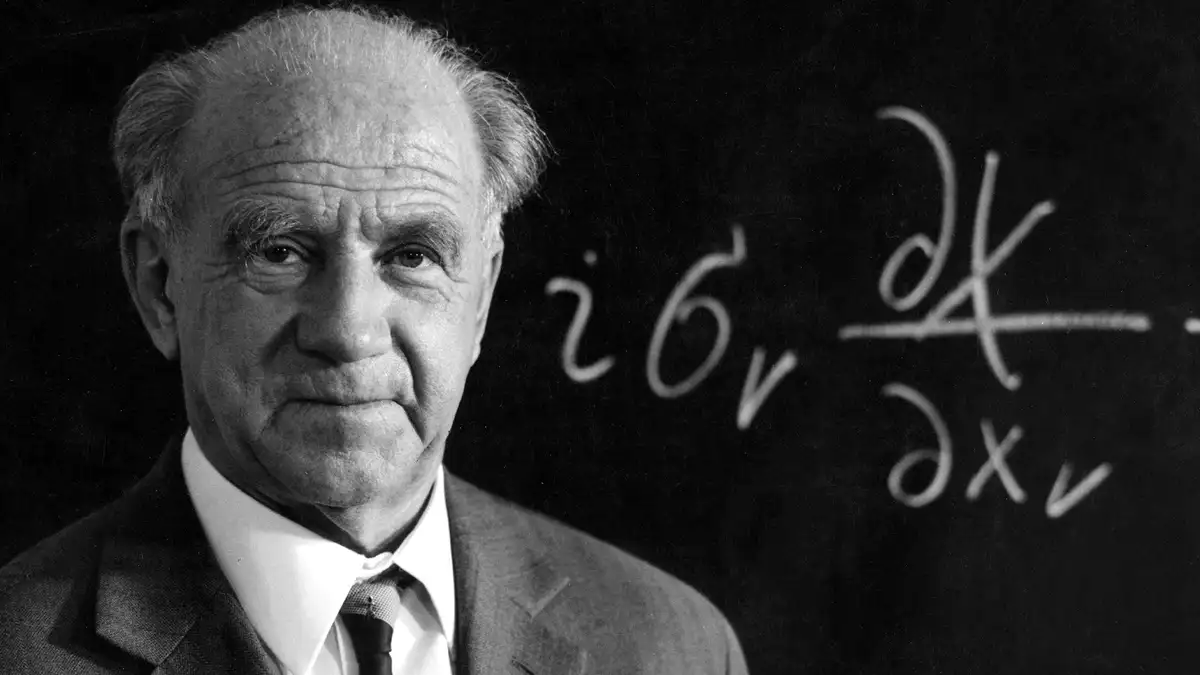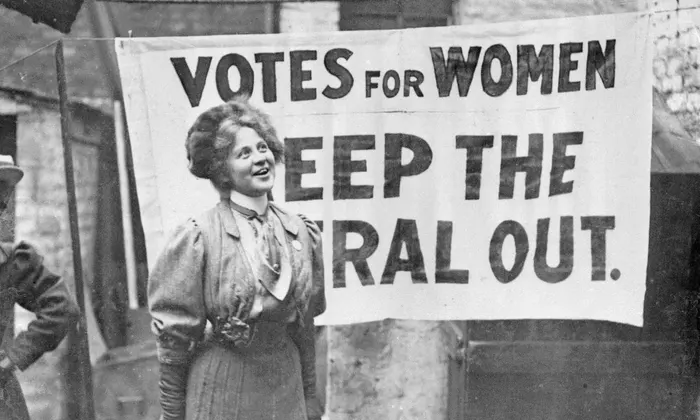8.10 20th-Century Cultural, Intellectual, and Artistic Developments
3 min read•june 18, 2024
Bretnea Turner
Isabela Padilha
AP European History 🇪🇺
335 resourcesSee Units
The 19th Century was marked by realism and ideas of scientific progress. Great scientific discoveries and advancements in the previous century empowered European civilizations to continue the pursue of objective knowledge 📚. However, this began to break down right before WWI. Overall, in the beginning of the century, Europeans were still in the search for this knowledge, although certain psychologic and scientific theories defied previous understandings of the world.
Advancements in Physics
Before the outbreak of war in the 20th century, people believed that science and industry met the needs of people. While there were complaints with labor laws and life in society, most would not trade new inventions, consumer items, or developments in science and medicine for their old ways.
However, the study of physics brought a new threat: nuclear weapons. ☢️ The US atomic weapons that ended WWII created a new kind of threat. Albert Einstein, a famous German-born physicist, had warned the US of Germany possibly having the intelligence to produce mass explosive weapons. Another German physicist, Werner Heisenberg, was studying nuclear reactors at the time in Germany. To avoid being captured and used by the Germans, Einstein came to the US in 1940.
The US created the Manhattan Project to research and create the first atomic weapon in world history. In 1945, two of them were used on Japanese cities, killing 226,000 upwards in minutes to force a Japanese surrender.
Great Physicists of the time, include:
- Albert Einstein - a German-born theoretical physicist who developed the theory of the relativity (it elaborates on newton's gravity theory and proposes that gravity force is caused by a curvature of spacetime). His work has a major impact in the development of atomic energy.

- Werner Heisenberg - a German theoretical physicist that was given the credits for the "creation of quantum mechanics." He played a role in the development of the first nuclear reactor and he was part of the nuclear weapon project during WWI.

Lost Generation
WWI created a Lost Generation. This term is credited to Ernest Hemingway, F. Scott Fitzgerald, and other writers of the era who emphasized the wandering and directionless youth who came of age during the war. Several female writers became famous during this time for their literary works as well like Gertrude Stein and Alice B. Toklas. War was what they knew, so returning to a “normal” society was somewhat difficult for them. Their extreme disillusionment contributed to the rise of authoritarian regimes.
This term also became a general characterization for those who lived during the time period, as they had experienced more loss in WWI than any other war in history.
In WWII, the most devastated nations involved in WWII were the Soviet Union, Poland, and Germany. For the major countries involved, the Axis powers and the Soviet Union have outrageous numbers of casualties - mostly because it was those nations who were actively murdering their own people through totalitarian measures in addition to sending thousands into war.
Women Involvement
Women were employed in textile factories for years, but never in mass numbers the way they were in WWI and WWII. With a large percentage of men fighting in the war, operating heavy machinery, and producing munitions, women filled factory positions and other specialized jobs left behind by men. Women assumed their new positions, served in the medical field as nurses, learned new workforce skills during both wars. This allowed them to continue using these skills after each war ended.
After WWI, women gained the right to vote in many European nations, as well as in the United States. If women could aid their country in war, they deserved the right to vote. Most European nations that did not grant suffrage after WWI, did so after WWII. This period saw the strengthening of feminist movements across the world, and the struggle for universal suffrage 🗳 was the most important demand of the time, however, it was not the only request. Post-WWI and WWII women were able to advocate for their place in politics and in the job market, though these demands were not widely successful.

Browse Study Guides By Unit
🎨Unit 1 – Renaissance & Exploration
⛪️Unit 2 – Reformation
👑Unit 3 – Absolutism & Constitutionalism
🤔Unit 4 – Scientific, Philosophical, & Political Developments
🥖Unit 5 – Conflict, Crisis, & Reaction in the Late 18th Century
🚂Unit 6 – Industrialization & Its Effects
✊Unit 7 – 19th Century Perspectives & Political Developments
💣Unit 8 – 20th Century Global Conflicts
🥶Unit 9 – Cold War & Contemporary Europe
📚Study Tools
🤔Exam Skills
👉Subject Guides

Fiveable
Resources
© 2025 Fiveable Inc. All rights reserved.